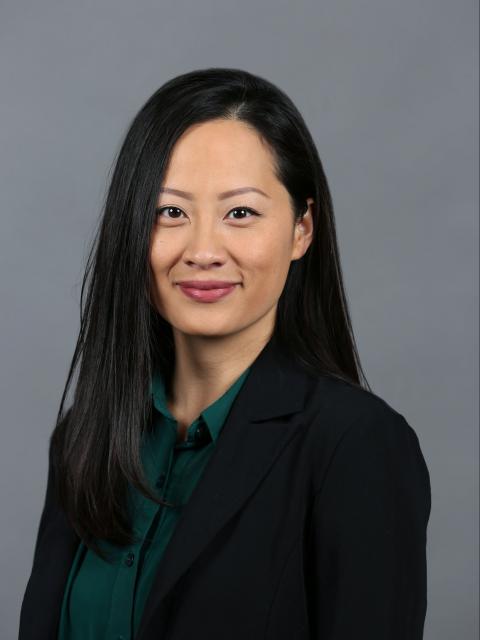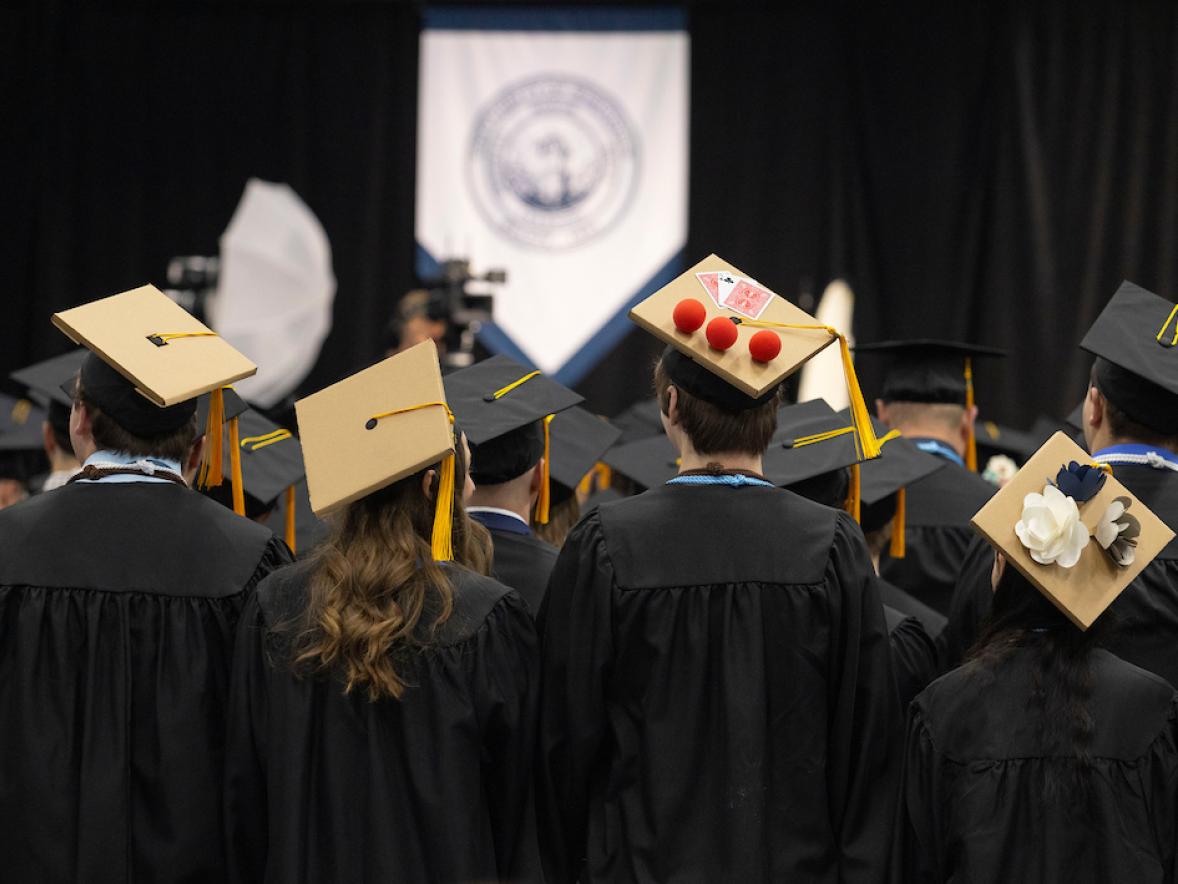As a first-generation college student, University of Wisconsin-Stout’s William Lahti recalled how difficult it was just to know how to start applying for college and getting the green light to continue his education.
“It is just an unknown,” said Lahti, a senior majoring in computer and electrical engineering, who graduates in May. “I just didn’t know how to get started. It was a huge hurdle. It felt like I was trying to navigate in an open ocean. I just didn’t know what I was doing. It would have helped if I had somebody to help guide me.”
About half of UW-Stout students are first-generation, according to Jamie Vue, Student Support Services writing specialist and adviser.
“Our support of first-generation students will create not only successes for them as individuals but also broaden future access and opportunities for generations to come,” Vue said.
To celebrate their successes, UW-Stout is planning a panel discussion of undergraduate students, graduate students and faculty members who are or were first-generation college students. The virtual discussion is at noon on Monday, Nov. 9, via Microsoft Teams. It is part of the national first-generation college celebration day, which is Sunday, Nov. 8.
Panelists include:
- Charles Wanner, Hudson, senior, supply chain management
- Tiffany Johnson, Suring senior, criminal justice and rehabilitation
- Hailey Hansen, Eau Claire, graduate student in school counseling
- Isaiah Vang, Holmen, graduate student in school counseling
- Keith Wojciechowski, professor in mathematics, statistics and computer science department
- Amanda Barnett, associate professor human development and family studies and associate vice chancellor of curriculum quality in Academic Affairs
As part of the celebration, first-generation students will also take over the UW-Stout Instagram account that day to share their experiences.
Vue, who has her undergraduate degree in creative writing and a master’s degree in English from UW-Eau Claire, was a first-generation student.
“I had a lot of first-time experiences that were overwhelming and at times felt defeating,” she said. “Not having someone in my family to turn to for questions, I navigated much of the admissions, financial aid and university processes and policies on my own. It was a lonely experience, and I always felt one step behind my peers. However, many years later I reflect on those experiences and realize how they’ve empowered me to be a resilient and resourceful individual in all aspects of my life.”

Lahti said it is important to recognize first-generation students because if they decide to go to college they are breaking new ground in their families. “I didn’t recognize college as something I could do or as a possibility,” he said.
In high school, Lahti, of Grand Rapids, Minn., was part of TRIO – Upward Bound at Itasca Community College. Upward Bound is designed to help students improve their study skills and learn about attending college. Lahti attended Itasca Community College his first year out of high school before transferring to UW-Stout.
“Upward Bound really showed different avenues and tools that would make college possible,” he said.
Lahti decided to attend UW-Stout for the program. His brother, Jack, is a junior majoring in computer science. His sister, Angel, attended UW-Stout for a year before she decided to join the Air Force.
Lahti is a part of the UW-Stout McNair Scholars Program that advises, supports and equips students when making postbaccalaureate goals. Scholars receive undergraduate research opportunities, faculty advisement and mentoring, Graduate Records Examination preparation help and support to help them reach their graduate school goals.
As part of his senior research project, Lahti is developing a virtual reality program to help encourage those with dementia or Alzheimer’s disease to exercise.
“The McNair Scholars Program definitely helps you know you can pursue a degree beyond a bachelor’s degree,” Lahti said. “They give you the tools to help provide that next step. I do plan eventually to go to graduate school.”
For other first-generation students planning to attend college who are concerned they are not prepared, Lahti said it can be difficult but very rewarding. “The first few weeks are going to be hard,” he said, noting many will think college is not for them. “Try to give yourself a year. After the first year, you will say, ‘I can do this.’ I promise if you give yourself time and do your best, there is so much you can accomplish.”
UW-Stout also has the TRIO Student Support Services program, which serves, first-generation students, students who meet low-income criteria and students with disabilities. The objectives of TRIO, funded through the U.S. Department of Education, are to increase the good academic standing, retention and graduation rates of students it serves.
Services include supplementing a variety of academic supports, access to writing and math specialists, financial literacy education, peer tutoring, peer mentoring and leadership training.
UW-Stout recently received two, five-year continuation grants for TRIO SSS.






